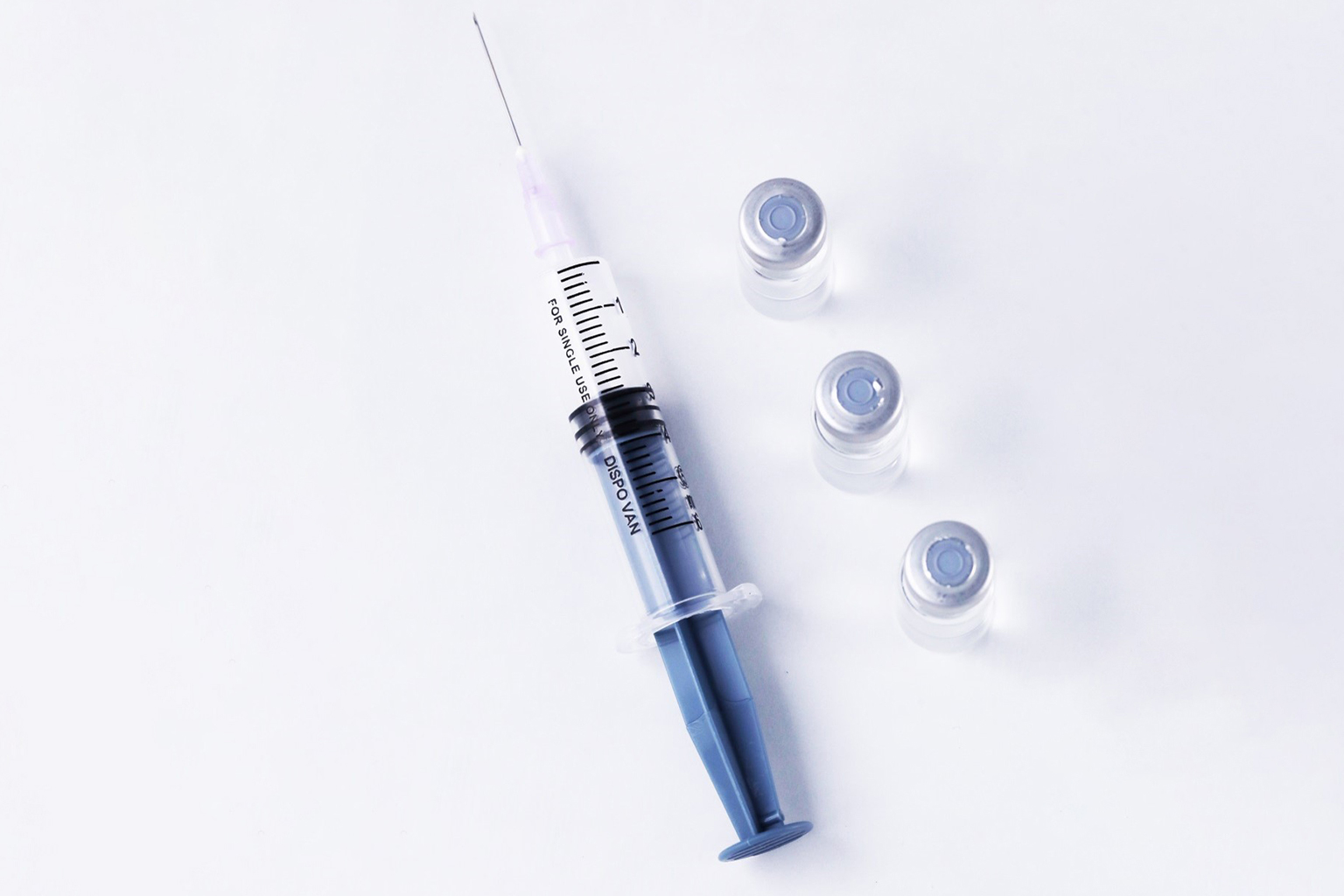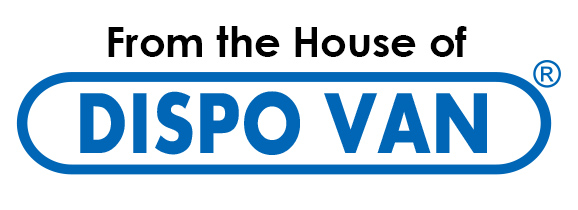

From the moment a patient arrives in the hospital till they are discharged, they are exposed to many health risks. Contracting infectious diseases through cross-contamination top the list of risks involved.
However, a majority of hospital-related infections are blood-borne, i.e., they arise from exposure to blood-borne pathogens. The symptoms of blood-borne illnesses range from mild to downright fatal. Therefore, preventing them is imperative if you wish to provide high-quality patient care.
But before we discuss the preventive measures, let’s understand what cross-contamination is.
What is Cross-Contamination?
Cross-contamination is entirely unintentional and happens more often than you think. It’s a phenomenon where microorganisms or bacteria get transferred from one person or surface to another.
As discussed, blood-borne illnesses are the most menacing of illnesses caused by cross-contamination. Unfortunately, most of the time cross-contamination is caused by syringe or needle reuse. In worst cases, it puts the patient at risk of contracting severe or fatal illnesses like Hepatitis C or HIV.
Now you may be thinking that using a syringe only once can turn into a costly affair. Well, that’s why single-use syringes were introduced. Single-use syringes offer an effective and pocket-friendly way to curb the spread of infectious diseases.
Single-Use Syringes – A Sure Shot Way to Eliminate Cross-Contamination
Single-use syringes work the same way most other syringes do, the only difference being the number of times it can be used. As they have to be disposed of after every use, a single-use syringe prevents blood exchange between patients, thereby preventing the blood-borne pathogens to transfer from one body to another.
Moreover, with single-use syringes, you don’t have to worry about sharpening the needle or sterilising after every use, saving you both time and resources. All you have to do is use the syringe and dispose of it in a safety box.
Patients are not the only ones in danger of contracting infectious diseases. Accidental needle pricks post-syringe use can put even the health of healthcare workers at risk. That’s why many single-use syringes also come with safety features like injury-prevention clips, which minimise the number of scenarios in which a worker’s fingertips come in contact with the needle.
Single-Use Syringes Offered by HMD
Dispovan and Unolok are the two types of single-use syringes offered by HMD. Dispovan is one of the most preferred single-use syringes in India, which has been manufactured as per IS:10258/ ISO:7886-1 (the International Organization for Standardization). The 3 piece syringe has non-toxic, medical-grade polypropylene barrels and plungers that are compatible with medications for short-term contact drug delivery application.
Unolok syringes are primarily used for dental and cardiac patients. The syringe comes with a Luer Lock System, which enables the needles to fit securely and provides extra safety. The 3 piece syringe has a high-quality plunger and barrel that gives a better visibility of the substances to be injected.
Parting Thoughts
The reuse of medical equipment like syringes is the number one cause of blood-borne infectious diseases in healthcare. Fortunately, it can be prevented by employing single-use syringes. As a bonus, single-use syringes are eco-friendly and do not degrade the quality of the environment. With the world moving towards eco-friendly alternatives, this comes as a welcome benefit.

